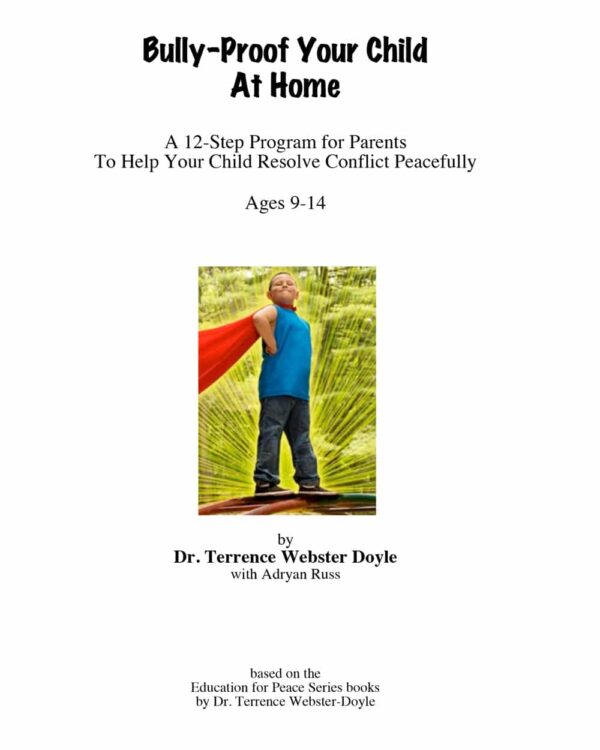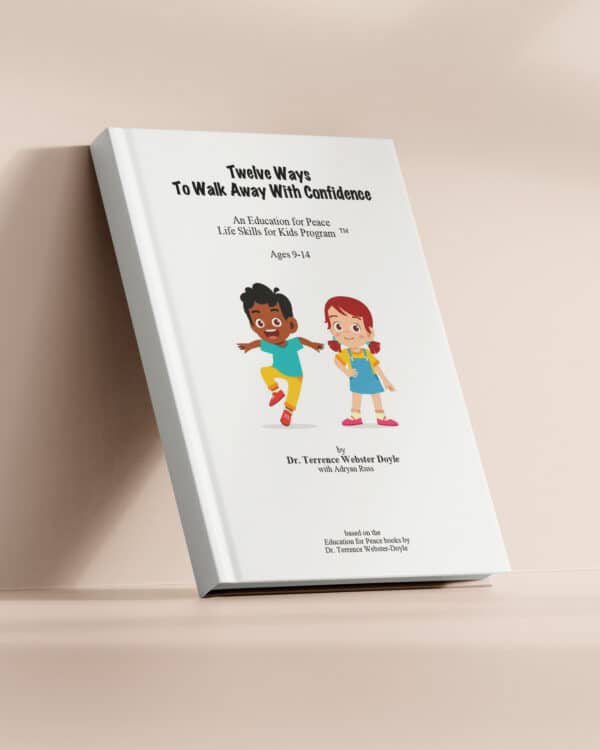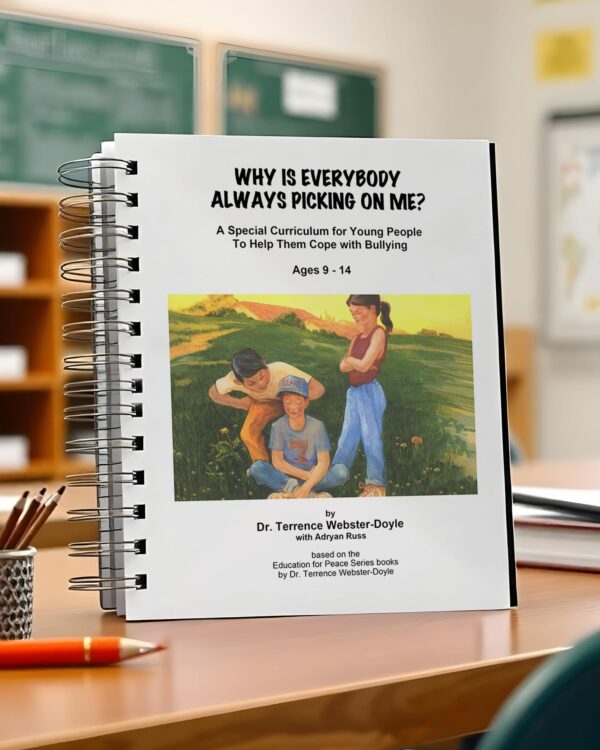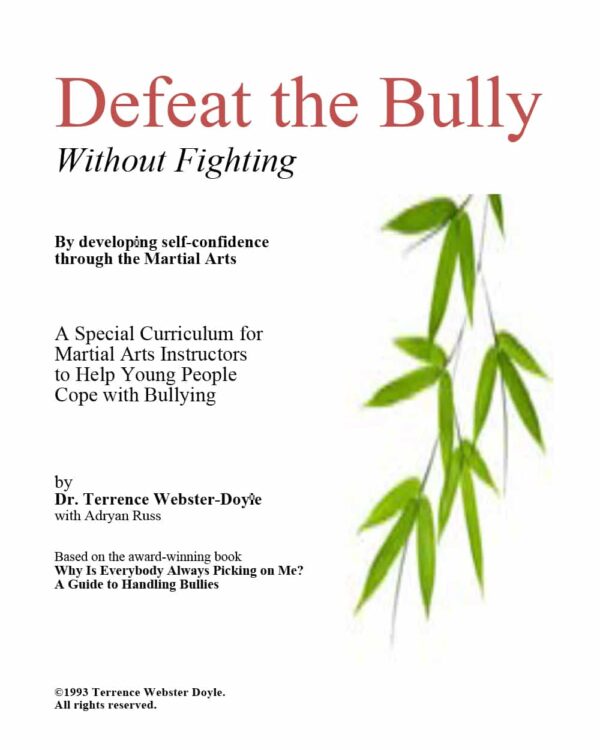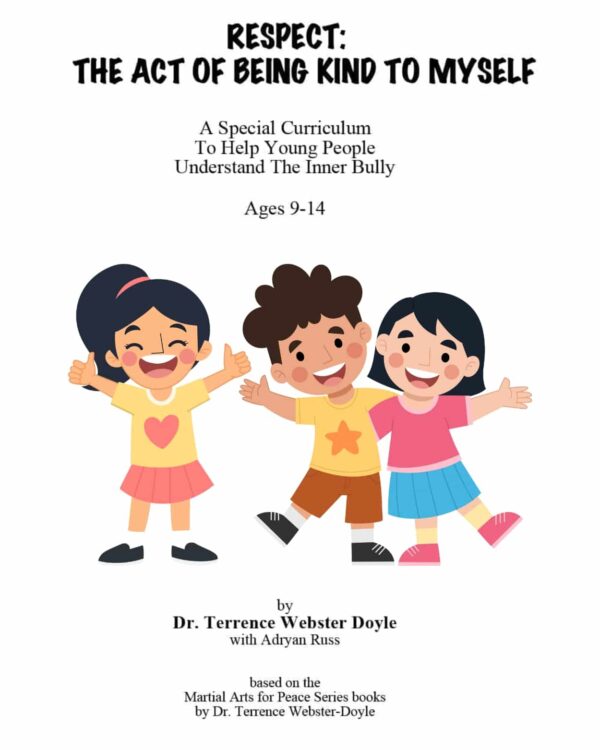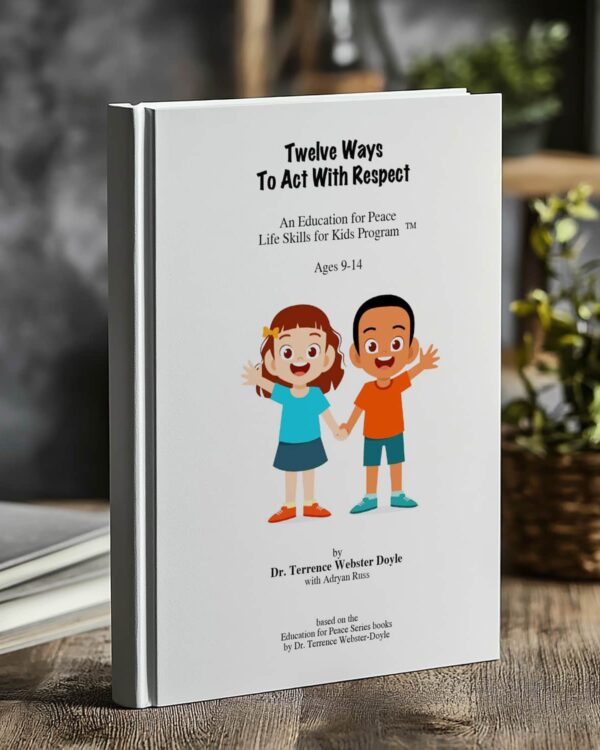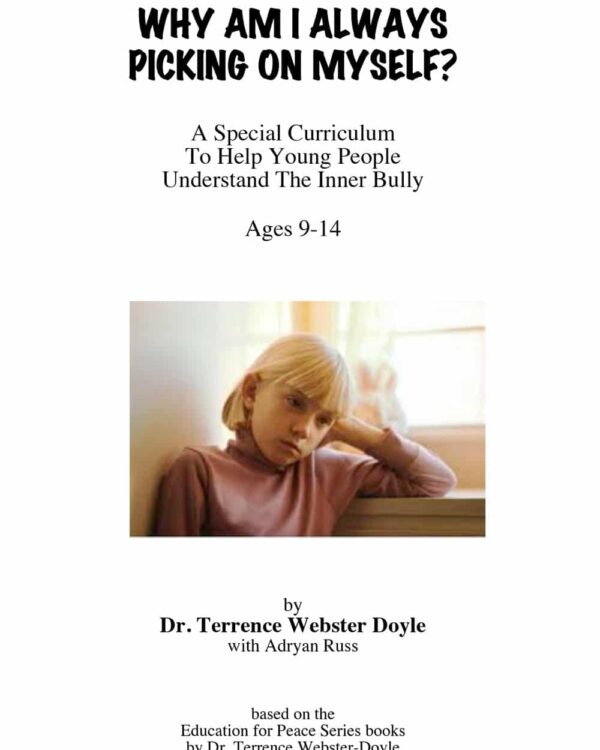Raising Confident Girls: Practical Ways to Prevent Bullying
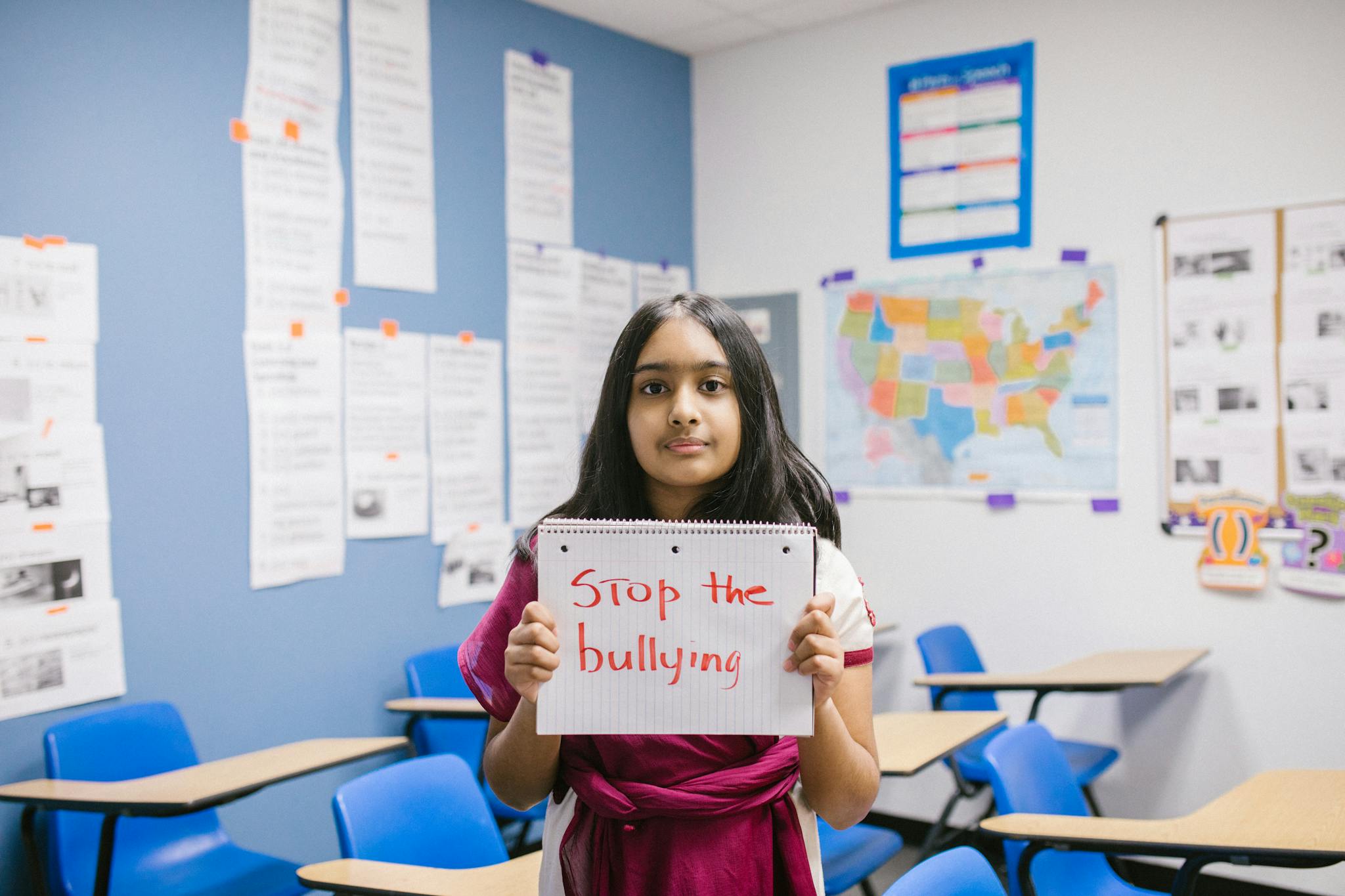
Bullying affects everyone, but girls often face unique challenges. Instead of physical aggression like boys, they’re more likely to deal with social exclusion, rumors, and online harassment. These forms of bullying can seem subtle but leave lasting impacts on their confidence and mental health.
By focusing on bullying prevention and helping girls build resilience, we can support them in becoming confident girls who are ready to stand up for themselves and others.
Girls tend to take these experiences to heart and often blame themselves when things go wrong. Hurtful comments, being left out, or seeing rumors spread online can make them feel like they’re not good enough. What makes these situations even harder is that they’re difficult to escape. Social bullying often follows girls home through their phones and social media which makes it feel constant and overwhelming.
It’s no longer limited to the classroom or playground, it’s everywhere.
In this guide, we’ll break down the common types of bullying girls face and share bully prevention tips that actually help. With the right tools, girls can build confidence, stand up for themselves, and stop bullying from taking over their lives.
For more ways to help the girls in your life build confidence and handle bullying, check out our weekly bullying prevention course. Together, we can create a future where every girl feels empowered to face challenges and stand up for herself and others.

Types of Bullying Girls Experience
Bullying can take many forms and girls are often targeted in ways that go beyond physical aggression. They experience bullying that is more social, verbal, and emotional which makes it harder to spot but is just as damaging.
Social Bullying: Gossip, exclusion, and cliques are common forms of social bullying. Girls may be intentionally left out of groups or become targets of rumors which can severely damage their social confidence and sense of belonging
Verbal Bullying: Name-calling, insults, and harsh comments are common bullying tactics that girls face. These attacks often target their appearance, intelligence, or personality and leave lasting emotional damage that can impact their self-worth.
Cyberbullying: Hurtful comments, fake profiles, and rumors spread online can be especially damaging. Because it happens in digital spaces, cyberbullying can follow girls everywhere, even into their homes, which makes it especially difficult to find relief.
Sexual Bullying: Girls often face inappropriate comments, rumors about their sexuality, or unwanted advances. These experiences can lead to deep feelings of shame and discomfort.
Self-Bullying: Many girls absorb societal pressures and turn them inward which leads to harsh self-criticism. This cycle creates unrealistic expectations and leaves them feeling unworthy when they fall short.
Anti-Bullying Resources
The Impact of Bullying on Girls
Bullying can take a serious toll on a girl’s self-esteem and mental health. It can strain friendships and leave her feeling isolated and unsure of where she belongs. These experiences often have long-term emotional effects that linger well into adulthood if not addressed early.
Girls who face bullying may struggle to trust others, avoid social interactions, or develop anxiety and depression. Taking steps to recognize bullying and giving girls practical tools to handle it can prevent these struggles from escalating and help them regain their confidence.

Why Empowering Girls Matters
Empowering girls to handle bullying means helping them build true confidence from within. It’s showing them they have the strength to face challenges, speak up when something feels wrong, and become a positive change in their communities.
When girls feel empowered, they’re more likely to take action in meaningful ways. They’ll speak up for themselves and for others, whether it’s calling out bullying, supporting a friend, or setting healthy boundaries. Empowerment also helps girls build resilience which gives them the tools to handle difficult situations and bounce back from setbacks.
Empowerment doesn’t mean being perfect or fearless. It’s built through small, everyday actions that remind girls their voices matter. When we encourage them to trust themselves and take action with confidence, we help them grow into strong individuals who know they have the power to make a difference.
Let’s give girls the tools to create a world where they feel valued and capable of handling whatever comes their way.
Giving Girls Tools to Prevent Bullying
Preventing bullying begins with helping girls build the confidence to believe in themselves and the skills to handle tough situations. True confidence means more than just feeling good, it’s knowing they can stand up for themselves and respond in ways that stop bullying.
Girls need practical tools they can use in everyday life. These include recognizing harmful behavior, learning how to walk away from toxic situations, and building strong, supportive friendships. When girls know how to respond to bullying, they’re less likely to feel powerless or alone.
It’s also important to teach girls that asking for help is a strength, not a weakness. Whether it’s talking to a trusted adult or supporting a friend, knowing when and how to reach out builds a sense of community and safety.
By giving girls these tools, we help them take control of their experiences and build the confidence to navigate challenges. This not only helps prevent bullying, it also empowers girls to grow into self-assured individuals who know their worth.
Build Confidence
Confidence is one of the best tools to prevent bullying. When girls feel secure in who they are, they’re less likely to believe hurtful words and are more likely to stand up for themselves.
Start by encouraging positive self-talk. Help girls recognize their strengths and reframe negative thoughts. Instead of focusing on what they think they can’t do, guide them to see what they can do. Simple phrases like “I can handle this” or “I am worthy” can go a long way in shifting their mindset.
It’s also important to support them in activities that make them feel capable and independent. Whether it’s sports, art, music, or leadership roles, these experiences help girls see their own abilities. They learn to trust themselves, take on new challenges, and feel proud of their accomplishments, all of which are key to building lasting confidence.
When girls believe in themselves, they’re more likely to handle bullying situations with strength and resilience. Confidence gives them the power to walk away from toxic behavior, stand up for what’s right, and know their worth isn’t defined by others’ opinions.
Teach Assertiveness
Teaching girls to be assertive gives them the power to handle uncomfortable situations with confidence. Assertiveness means standing strong in their beliefs and setting healthy boundaries without being aggressive.
Start by showing them how to say “No” firmly and clearly. Many girls feel pressure to go along with things to avoid conflict, but it’s important they know they have the right to speak up when something doesn’t feel right. Help them practice short, confident phrases like, “No, I’m not okay with that” or “Please stop, that’s not funny.”
Role-playing is a great way to build this skill. Practice different scenarios where they may need to stand up for themselves, like handling a mean comment, stopping a rumor, or saying no to peer pressure. When girls practice assertive responses, they’re more likely to use them in real-life situations.
Assertiveness helps girls set boundaries without feeling guilty. It shows them that their feelings and opinions matter and it builds the confidence they need to handle bullying in a calm, respectful way.
Help Them Recognize Their Power
It’s important for girls to understand that they have the power to make a difference, not just for themselves, but for those around them. When girls realize their actions can inspire kindness and inclusivity, they’re more likely to step up and create positive change.
Start by showing them that small actions matter. Standing up for someone being left out, shutting down a mean comment, or simply being a good friend can have a big impact. When girls see how their behavior influences others, they recognize their ability to make their environment safer and more supportive.
Emphasize the importance of being a positive role model. Girls who lead by example, whether by speaking kindly, including others, or standing up to bullying, can inspire their peers to do the same.They don’t have to be perfect, just showing that kindness and respect are powerful tools is enough.
When girls recognize their own power, they feel more confident in handling difficult situations. They learn that their voices matter, their actions count, and they have the ability to shape a kinder world.

Practical Tips for Girls to Handle Bullying
Helping girls handle bullying starts with giving them practical tools they can use in their everyday lives. These strategies can help them build resilience and feel more confident in difficult situations.
Here are simple, actionable ways to support girls as they navigate bullying:
Better Communication Skills
Good communication is a key tool for handling bullying. When girls know how to respond calmly and confidently, they’re better equipped to manage tough situations without feeling overwhelmed.
Start by practicing responses to common bullying scenarios through role-playing. Whether it’s dealing with a mean comment, being excluded, or handling online harassment, role-playing helps girls prepare for real-life situations. It allows them to practice their tone, body language, and word choices in a safe, supportive space.
Teach girls to stay calm when addressing a bully. Bullies often want to provoke an emotional reaction, but staying composed takes away their power. Encourage girls to use assertive language with short, clear statements like, “Please stop,” or “That’s not okay.” Assertive responses show confidence without escalating the situation.
When girls have strong communication skills, they’re less likely to freeze or feel powerless in the moment. They’ll know how to speak up and advocate for themselves in a way that’s respectful yet firm.
Build a Support Network
No one should face bullying alone. Helping girls build a strong support network gives them a sense of security and reminds them they have people they can lean on during tough times.
Start by helping girls identify the people they trust, such as friends, teachers, family members, or mentors. Encourage them to think about who they feel safe talking to when something is bothering them. Having a list of trusted people makes it easier for girls to reach out when they need help.
It’s also important to remind girls that asking for support isn’t a sign of weakness. Whether they need advice, someone to listen, or help handling a situation, turning to their support network shows strength and self-awareness.
When girls know they’re not alone, they’re more likely to feel confident and resilient. A strong support network gives them the courage to handle bullying and the reassurance that someone will be there to back them up when needed.
Recognizing Unhealthy Friendships
Not everyone who acts like a friend has your best interests in mind. Sometimes, people in a girl’s social circle may contribute to bullying behaviors, whether through gossip, exclusion, or subtle put-downs disguised as jokes. Learning to recognize these unhealthy friendships is a key step in building a strong support network.
Encourage girls to notice how they feel after spending time with certain people. Do they feel supported, happy, and accepted? Or do they feel drained, anxious, or insecure? True friends build each other up, not tear each other down.
Help girls understand the signs of an unhealthy friendship, like:
- Frequent put-downs or backhanded compliments
- Excluding them from plans or conversations
- Spreading rumors or gossip
- Only reaching out when they need something
It’s also important to teach girls that it’s okay to distance themselves from people who make them feel small or unworthy. Encourage them to focus on friendships that bring out the best in them, ones based on mutual respect and kindness.
By recognizing who’s truly in their corner, girls can build a more positive, uplifting support network and avoid relationships that may contribute to bullying.
Emotional Resilience
Building emotional resilience helps girls manage their feelings and respond to bullying in healthier ways. Teach them to stay grounded and calm even when they’re feeling hurt or overwhelmed.
Introduce simple techniques like deep breathing or focusing on the present moment which can reduce stress and help them feel more in control.
Remind girls that it’s okay to take a moment to pause when emotions run high. They don’t have to respond to hurtful words right away. Encourage them to breathe, gather their thoughts, and decide how they want to handle the situation. Sometimes, walking away or taking a few minutes to calm down can prevent things from escalating.
Emotional resilience doesn’t mean ignoring difficult emotions. It’s about recognizing those feelings, managing them, and responding in ways that protect their confidence and self-worth.
Social Emotional Resources
Stay Safe Online
The digital world can be a breeding ground for bullying, so it’s important to teach girls how to protect themselves online. Knowing how to set boundaries and handle harmful interactions can help them feel more in control of their digital spaces.
Start by showing girls how to block and report harmful accounts on social media platforms. It’s a simple way to stop bullies from reaching them. Make sure they know that reporting bad behavior isn’t overreacting, bur rather a way to keep themselves and others safe.
Talk about setting healthy boundaries with social media. Encourage girls to limit screen time, especially if they notice it’s affecting their mood. Suggest they take breaks from social platforms if they’re feeling overwhelmed. It’s also helpful to remind them that they don’t need to respond to every message or engage in toxic interactions.
Help them create a positive online experience by curating their feeds. Encourage them to follow accounts that make them feel inspired and supported and to unfollow or mute those that don’t.

Create a Positive Environment
Building a positive environment is key to bully prevention. Girls need spaces where they feel accepted and valued. When they know they belong, they’re more likely to build confidence and stand up for themselves and others.
Positive environments start at home, in schools, and within friend groups. Encourage girls to surround themselves with people who lift them up and make them feel good about who they are. When girls know they have the power to create safe spaces through kindness and respect, they become leaders in shaping supportive, bully-free environments.
Kindness
Kindness is a powerful way to prevent bullying and create a supportive environment. Encouraging girls to include others, especially those who may feel left out, helps build stronger friendships. It can be as simple as inviting someone to sit with them at lunch or saying hello to a classmate who seems down.
It’s also important to teach girls to stop gossip within their friend groups. Gossip might seem harmless, but it often fuels bullying by spreading hurtful rumors and excluding others. Show girls that kindness means speaking up when they hear something hurtful and choosing to spread positivity instead.
Step Up Safely
Standing up to bullying is important, but it needs to be done in a way that keeps girls safe. Teach them that they don’t have to confront a bully directly to make a difference. Instead, they can intervene in ways that reduce harm without putting themselves at risk.
Encourage girls to support others by reporting bullying to a trusted adult or offering a kind word to someone who needs it. It’s also important to remind them that stepping up doesn’t mean handling it all on their own and that asking for help is always a smart choice.
Celebrate Differences
Helping girls appreciate what makes everyone unique is key to creating a more inclusive and supportive environment. Encourage them to see differences, whether in appearance, culture, abilities, or interests, as something to be valued, not judged. When girls learn to celebrate what makes each person special, they’re less likely to exclude others or contribute to bullying behavior.
Talk about how diversity strengthens friendships and communities. Different perspectives, experiences, and ideas make relationships more interesting and help everyone grow. When girls recognize that differences are something to embrace, they build more meaningful connections and create spaces where everyone feels accepted and valued.

The Role of Parents and Mentors
Parents and mentors play a crucial role in helping girls navigate bullying and build confidence. Girls need trusted adults they can turn to when they’re struggling, people who will listen, offer guidance, and help them feel supported.
By being a consistent source of support, adults can help girls build the resilience and confidence they need to thrive.
Open Conversations
Creating space for open conversations is one of the most effective ways to help girls navigate bullying. Make time to check in with your daughter regularly, whether it’s during dinner, on the way to school, or before bed. These moments don’t have to be formal (it’s better if they aren’t), but they should feel safe and free from distractions.
It’s important that these conversations become a normal part of everyday life, not something that only happens when you think something is wrong. Girls are more likely to share their thoughts and experiences when talking feels natural and routine. Use open-ended questions to get her talking, like, “What’s the best part of your day?” or “How do you feel about your friendships right now?” Questions like these can spark meaningful conversations without feeling forced or uncomfortable.
When girls feel heard and understood, they’re more likely to reach out for help when they need it. Open conversations build trust, strengthen relationships, and give you valuable insight into how she’s handling challenges in her life.
Be a Role Model
Girls learn a lot from watching the people around them. One of the best ways to help them build confidence and handle bullying is to lead by example. Show them how to treat others with respect, kindness, and empathy through your own actions. Whether it’s offering a kind word to someone, staying calm during conflicts, or including someone who feels left out, your behavior sets the tone for what they see as normal.
It’s also important to let them see you standing up for yourself and others in a respectful, confident way. Whether it’s setting boundaries at work, speaking up when something isn’t right, or supporting someone in need, your actions teach girls that it’s possible to handle tough situations with both confidence and compassion.
Kids are more likely to model what they see than what they’re told, so showing them how to handle life’s challenges helps them build those skills for themselves.
Support Their Interests in Leadership Opportunities
Encourage girls to get involved in activities where they can build leadership skills like clubs, sports teams, or volunteering. These opportunities allow them to take on responsibility, solve problems, and work with others, all skills that help build confidence and resilience.
When girls step into leadership roles, they start to see themselves as capable and valuable contributors. Whether they’re leading a group project, mentoring younger kids, or organizing a community event, these experiences show them that their actions can make a difference.
Leadership isn’t just about titles; it’s about learning to trust their abilities, speak up for what’s right, and inspire others to do the same.
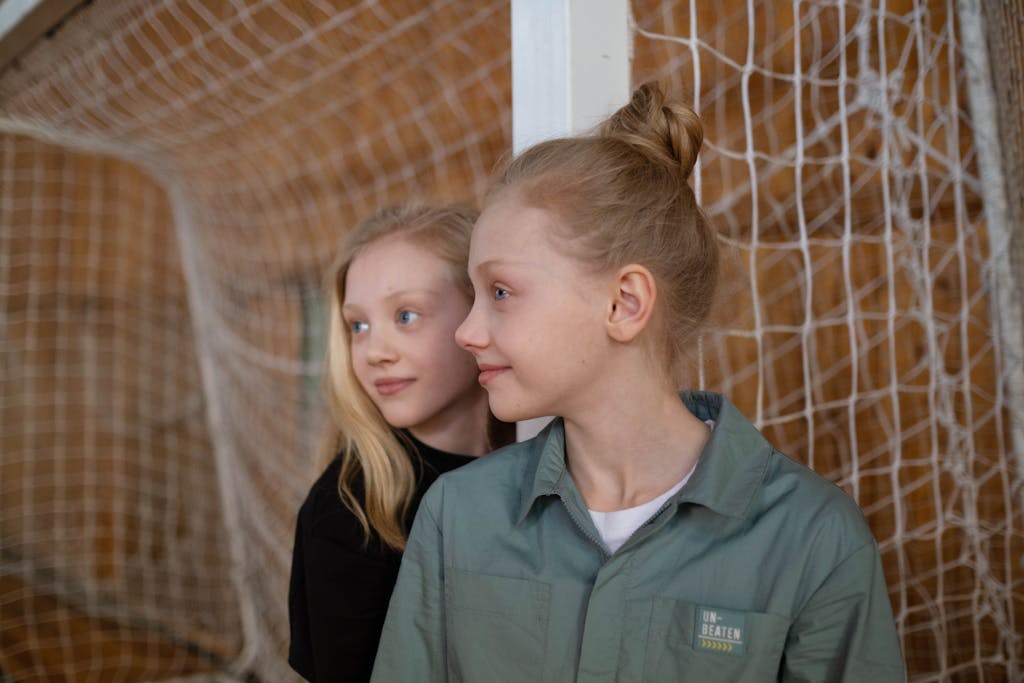
Resources for Parents and Girls
Empowering girls to handle bullying isn’t something parents or teachers have to do alone. Our bully prevention programs offer practical tools and strategies to help create safer, more supportive environments. These resources are designed to equip parents, teachers, and girls with the skills they need to recognize, address, and prevent bullying.
Through these programs, girls learn to handle bullying with confidence, kindness, and resilience. They’ll gain valuable insights into setting boundaries, standing up for themselves, and supporting their peers. For parents and mentors, these programs provide guidance on opening dialogue, building trust, and modeling positive behavior at home.
Creating bully-free spaces is a shared effort and with the right resources, we can work together to help girls feel safe, valued, and empowered.

Final Thoughts: Empowering Girls to Stand Up to Bullying
Girls face unique challenges when it comes to bullying, but they also have the strength to overcome them. By helping them recognize bullying and giving them the right tools like confidence, communication skills, and emotional resilience, we can support them in navigating difficult situations with courage and grace.
Empowerment goes beyond stopping bullying. It means creating spaces where girls feel safe, valued, and heard. It shows them they have the power to create change for themselves and for others.
If you’re looking for more ways to support the girls in your life, consider joining our weekly bullying prevention course. Together, we can build a future where every girl feels confident and ready to take on whatever challenges come her way.
